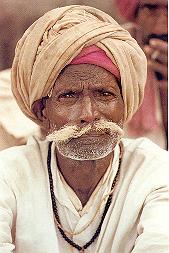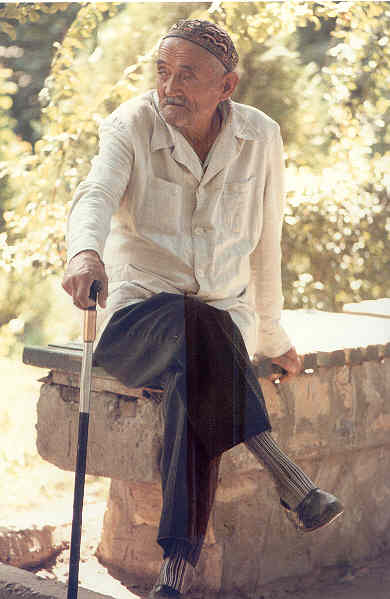|
Introduction
We daily grow old. Our aging starts
with the birth and continues day
after day. But when “we feel”
indeed that we are close to the
beginning of our definitive
psycho-physical decline, when we
believe to be near
to the
final season of our life, it is the
moment in which we have to show all
our capacity to a new adaptation.
It is especially in the delicate
phase of transition between
maturity and senility that the
"young old person” has to
adapt itself to a new condition in
the relationship with itself and
with others. Let's
set us, now, a fundamental question
for founding inside ourselves a
possible answer: is it able a ripe
age person to love, to create, to
invent, to positively day-dream, to
aspire to new transformations, to
still experiment some
“lightness” of the being? Will
we answer that there is yet space
in the elderly one for the "Island
that not is", for happy
thoughts that allow it to fly
and to free “lost
children”[1],
or will we say that will be only a
sad waiting for the unknown day
after It
seems that the post-modern society
faces the old man with an
apparent
(among its so many)
contradiction: on the one hand,
according to a certain cultural
stereotype, it give him a
negligible, if not entirely
irrelevant, social role; at the
same time it imposes him “to keep
young” at any cost, whatever the
age and preventing him from tasting
with serenity his “really time”
(considering that every period of
the life has negative aspects and
positive aspects). Personally
I very much esteem the Jungian
optic that recognizes to the
elderly person also the ability to
continue in his own process
of individuation and to go on
searching for his own way of living,
for the true Self, for the
completion of the totality of his
being; with the awareness that in
the elderly person, as in the
youngest person, the way that
brings to the individuation never
ends.
It lfollows that each of us, reached
old age, doesn't have to simply
represent “a grey”, but an individual that has a name and a last name, protagonist of a
“long” personal story and
wealthy in many other stories
concerning his lived and
interiorized experiential world. On
this account, a “third age”
people’s psychotherapy can appear
reasonable, above all if, going out
any its "prophetic" and
taxonomic label, succeeds in
helping the elderly one to recover,
“name and last name”, the depth meaning
and the whole value of his personal
novel. Can Peter Pan still fly?  [1] They
are references to the
movie"Hook", by Steven Spielberg; Tristan
Pictures; 1991. [2] Physic, mental and psychological decline due to ageing. |

